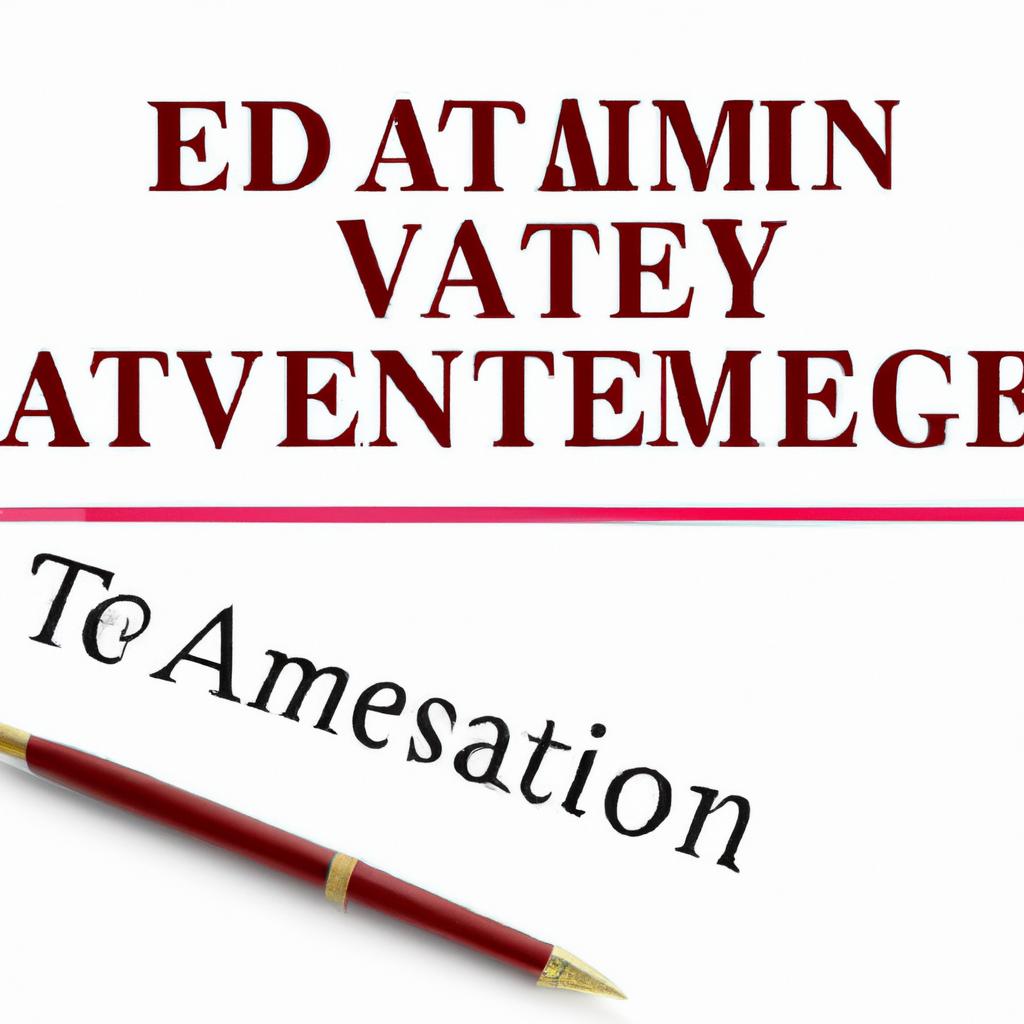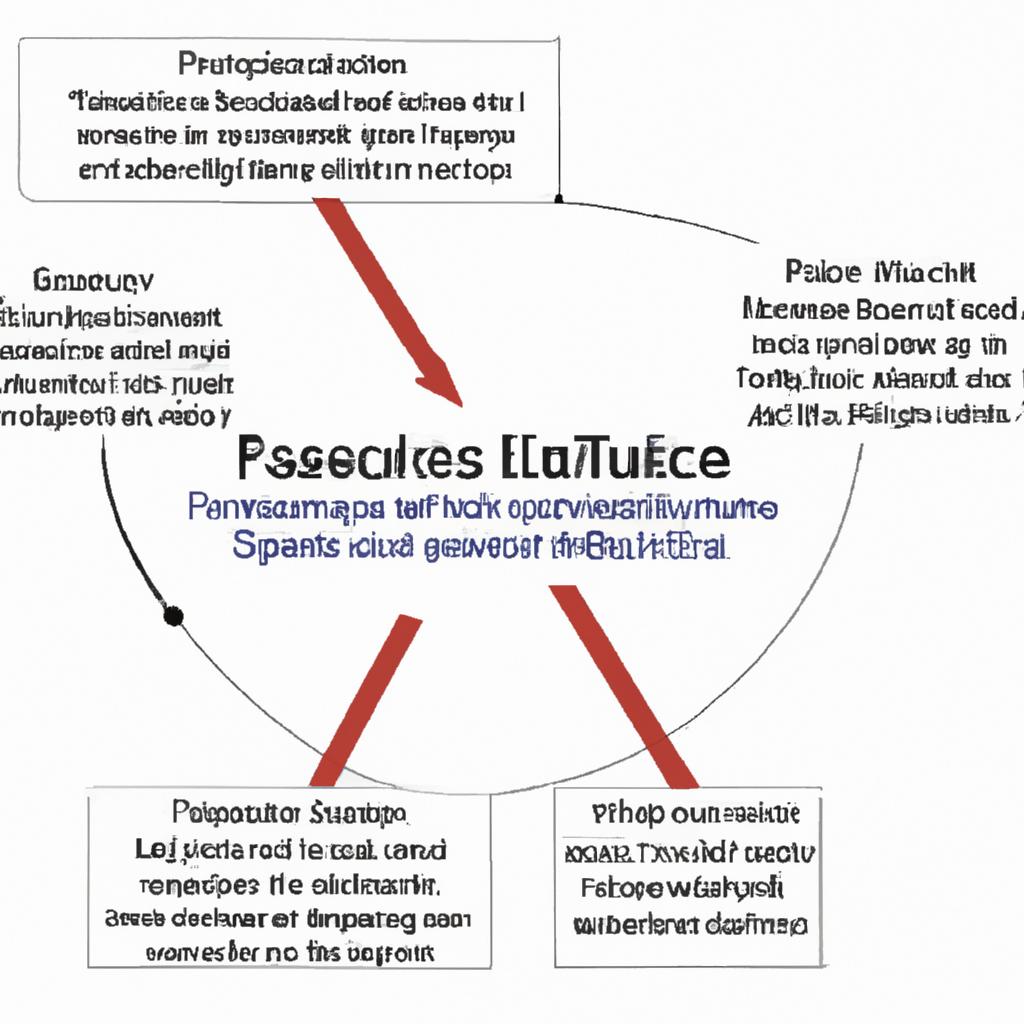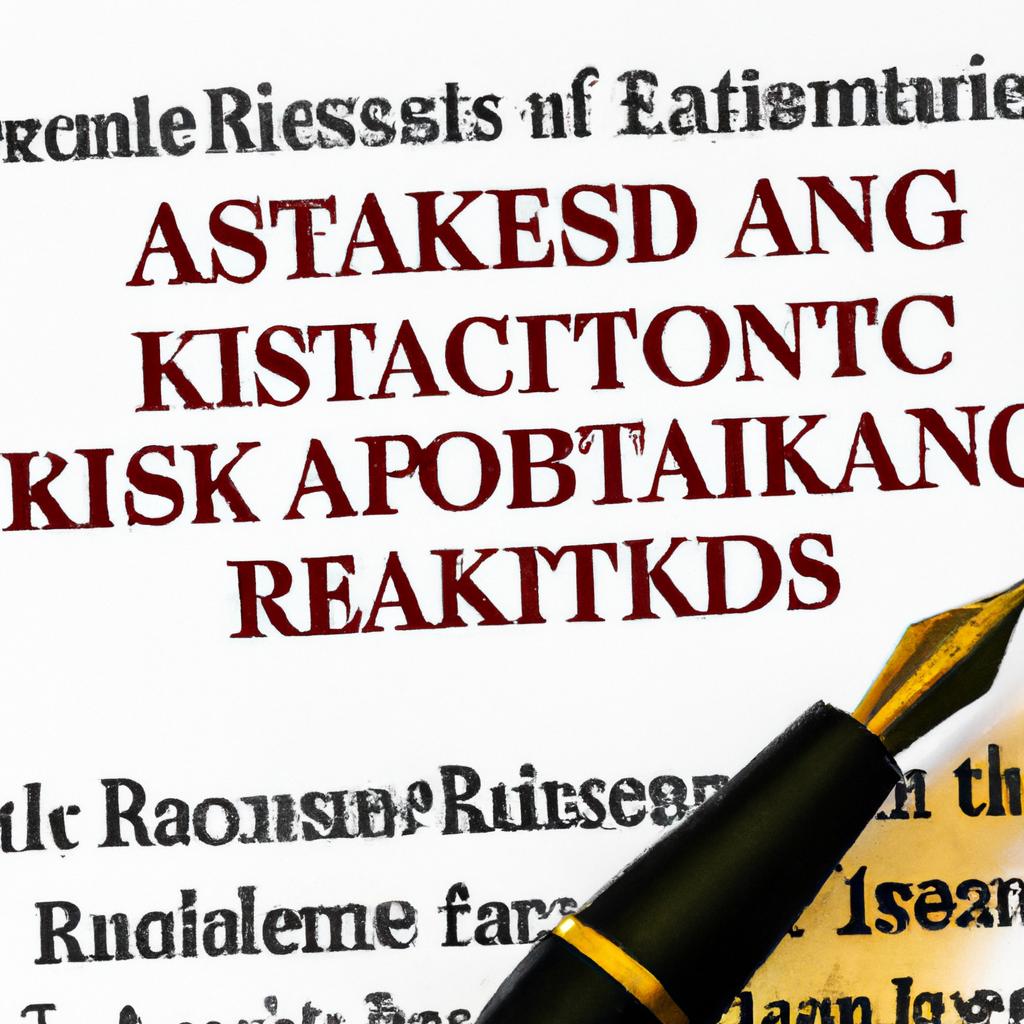Navigating the intricacies of estate administration can be a daunting task for those unfamiliar with the legal complexities involved. One common question that arises in the aftermath of a loved one’s passing is, “How long can you keep an estate open after death?” As experienced attorneys at Morgan Legal Group in New York City, we understand the importance of efficiently managing the affairs of the deceased while ensuring compliance with the law. In this article, we will explore the factors that impact the duration of an estate’s administration and provide guidance on how to navigate this process effectively.
Duration of Estate Administration
When it comes to the , it is important to understand that the process can vary depending on various factors. The length of time that an estate can remain open after the death of an individual is not set in stone, as it largely depends on the complexity of the estate, the presence of any disputes or contests, and the efficiency of the executor or administrator.
Typically, an estate can remain open for several months to a few years. The probate process can take anywhere from a few months to over a year, depending on the circumstances. It is important for the executor or administrator to diligently handle the estate administration process to ensure that it is completed in a timely manner. Delays in estate administration can result in additional expenses and complications for the beneficiaries.

Factors Influencing Estate Closure Timeline
can vary significantly depending on a variety of circumstances. One crucial factor is the complexity of the estate itself. Estates with numerous assets, multiple beneficiaries, or outstanding debts may take longer to finalize. Additionally, the presence of disputes among heirs or beneficiaries can lead to delays in the closure process.
Another important factor to consider is whether the deceased individual had a valid will in place. If the decedent died intestate (without a will), the estate may need to go through the probate process, which can be time-consuming. On the other hand, if a will is in place, the timeline for estate closure may be shorter, assuming the document is clear and uncontested. It’s also worth noting that state laws and regulations can impact the estate closure timeline, as each jurisdiction has its own probate process and requirements.
| Estate Closure Factor | Impact |
|---|---|
| Complexity of the estate | Can lead to delays in finalization |
| Presence of disputes | May prolong the closure process |
| Validity of a will | Determines if probate is necessary |

Risks of Prolonging Estate Administration
When it comes to estate administration, it’s important to be mindful of the risks associated with prolonging the process. One of the main concerns is the potential for disputes among beneficiaries or creditors, which can lead to costly legal battles and delays in distributing assets. Additionally, keeping an estate open for an extended period of time can increase the likelihood of assets being lost or mismanaged.
Another risk of prolonging estate administration is the potential for increased estate taxes and expenses. As time goes on, the value of the estate may fluctuate, leading to higher tax liabilities. In addition, ongoing administration costs, such as legal fees and property maintenance, can add up over time. It’s important to work with an experienced estate planning attorney to ensure that the administration process is completed efficiently and effectively.

Benefits of Promptly Closing an Estate
Closing an estate promptly after the death of a loved one has numerous benefits, both practical and emotional. One key advantage is that it allows the beneficiaries to receive their inheritances sooner rather than later. This can help provide financial relief to those who may be relying on the assets of the estate for their own well-being. In addition, settling the estate quickly can help bring closure to the grieving process for family members, as it allows them to focus on honoring the memory of their loved one without the burden of unresolved legal matters looming overhead.
Another important benefit of promptly closing an estate is that it helps to minimize the risk of disputes and challenges to the will or distribution of assets. By efficiently handling the probate process and distributing assets according to the deceased’s wishes, there is less opportunity for disgruntled beneficiaries to contest the will or claim that they were unfairly left out. This can help preserve family harmony and ensure that the deceased’s wishes are carried out as intended. In conclusion, closing an estate in a timely manner is not only practical but also crucial for the emotional well-being of all involved parties.
Q&A
Q: How long can an estate remain open after someone passes away?
A: The length of time an estate can remain open after death varies depending on the complexity of the estate and the laws of the state in which the deceased resided.
Q: What factors determine how long an estate can stay open?
A: Factors such as the size of the estate, the presence of creditors or disputes among heirs, and the efficiency of the executor or administrator can all impact the length of time an estate remains open.
Q: Is there a limit to how long an estate can stay open?
A: While there is no specific time limit imposed on how long an estate can stay open, courts may require periodic updates on the status of the estate to ensure timely distribution of assets.
Q: Can an executor or administrator request an extension to keep an estate open longer?
A: Yes, an executor or administrator can request an extension to keep an estate open longer, particularly if there are unresolved issues that require additional time to address.
Q: What are the potential consequences of keeping an estate open for an extended period?
A: Keeping an estate open for an extended period can lead to increased costs, including attorney and administrative fees, as well as delays in distributing assets to heirs.
Q: How can beneficiaries or heirs ensure the timely closure of an estate?
A: Beneficiaries or heirs can work with the executor or administrator to resolve any outstanding issues promptly and communicate effectively to facilitate the timely closure of the estate.
Wrapping Up
In conclusion, the duration for which an estate can remain open after the death of its owner can vary depending on various factors such as the complexity of assets, creditors, and state laws. It is important to seek legal advice to ensure that the estate administration process is carried out smoothly and efficiently. Remember, careful planning and communication with all involved parties can help to expedite the closure of an estate and provide closure for loved ones during a challenging time. Thank you for reading.

